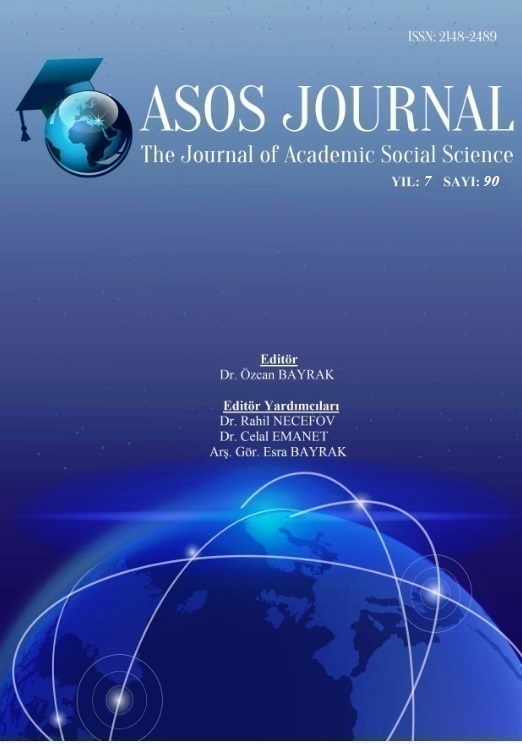Author :
Abstract
Attilâ İlhan Türkiye’nin temel sorunlarının yakın dönem tarihe bakılarak çözülebileceği şeklinde bir eğilim içinde olmuştur. Bu nedenle Türkiye’nin son iki yüz yıllık tarihine bü-yük bir iştiyakla yönelmiştir. Osmanlı İmparatorluğu’nun son dönem tarihi ile Cumhuriyet dönemi arasında bir süreklilik mi yoksa bir kopuş mu var sorusunu tartışmıştır. Tanzimat reformları ile İttihat ve Terakki dönemine köklü eleştiriler yöneltmiştir. Mustafa Kemal Atatürk devriminin Batıcı kültür politikalarına karşı oluşuyla, anti- emperyalist bir tavrı öne çıkarmasıyla ve sivil, özgürlükçü, demokratik toplumcu bir rejim arayışıyla öncesi tarihten kökten bir kopuş gerçekleştirdiğini ısrarla savunmuştur. Kemalist dönemin bu temel niteliklerinin 1930’lu yılların sonlarından itibaren aşınmaya başladığı saptamasında bulunmuştur. Atatürk’ün vefatından sonra Türkiye’nin yeniden Batı merkezli emperyalist sistemin denetimine girdiği, iç siyasetin totaliter bir istidat kazandığı ve askeri darbelerin bu durumu perçinlediği şeklindeki bir yaklaşımı metinlerinin ana ekseni yapmıştır. Bu değer-lendirmeler Attilâ İlhan’ı hem Mete Tunçay’ın ve İdris Küçükömer’in düşüncelerine yas-lanan tezlerle karşı karşıya getirmiş hem de Doğan Avcıoğlu çizgisindeki sol-Kemalizmle arasındaki makası açmıştır.
Keywords
Abstract
Attila İlhan has long held the view that Turkey’s fundamental problems can be resolved through an examination of its recent history, which is why he has studied with great fervor the last two centuries in the history of the country. Addressing the question of whether the transition from the late period Ottoman Empire to the era of the Turkish Republic constitu-ted a continuity or a rupture, he has raised harsh criticisms of the reforms brought in by the Tanzimat (Reorganization) and the İttihat ve Terakki (Committee of Union and Prog-ress) period. Attila İlhan argues insistently that the opposition to Western cultural policies, the anti-imperialist stance and the search for a regime based on a civil, free and democratic society brought by Mustafa Kemal Atatürk’s revolution marked a deeply-rooted break from the country’s prior history. He claims further that these fundamental characteristics of the Kemalist period began to erode at the end of the 1930s. The central perspective expressed in his works is that following Atatürk’s death, Turkey fell under the tutelage of a Western-centered imperialist system, with internal politics veering towards totalitarian ten-dencies, and military coups further reinforcing this situation. Such opinions have pitted Attila İlhan against the views and theses supported by Mete Tunçay and İdris Küçükömer, while also distancing him from the leftist-oriented Kemalism followed by Doğan Avcıoğlu.





